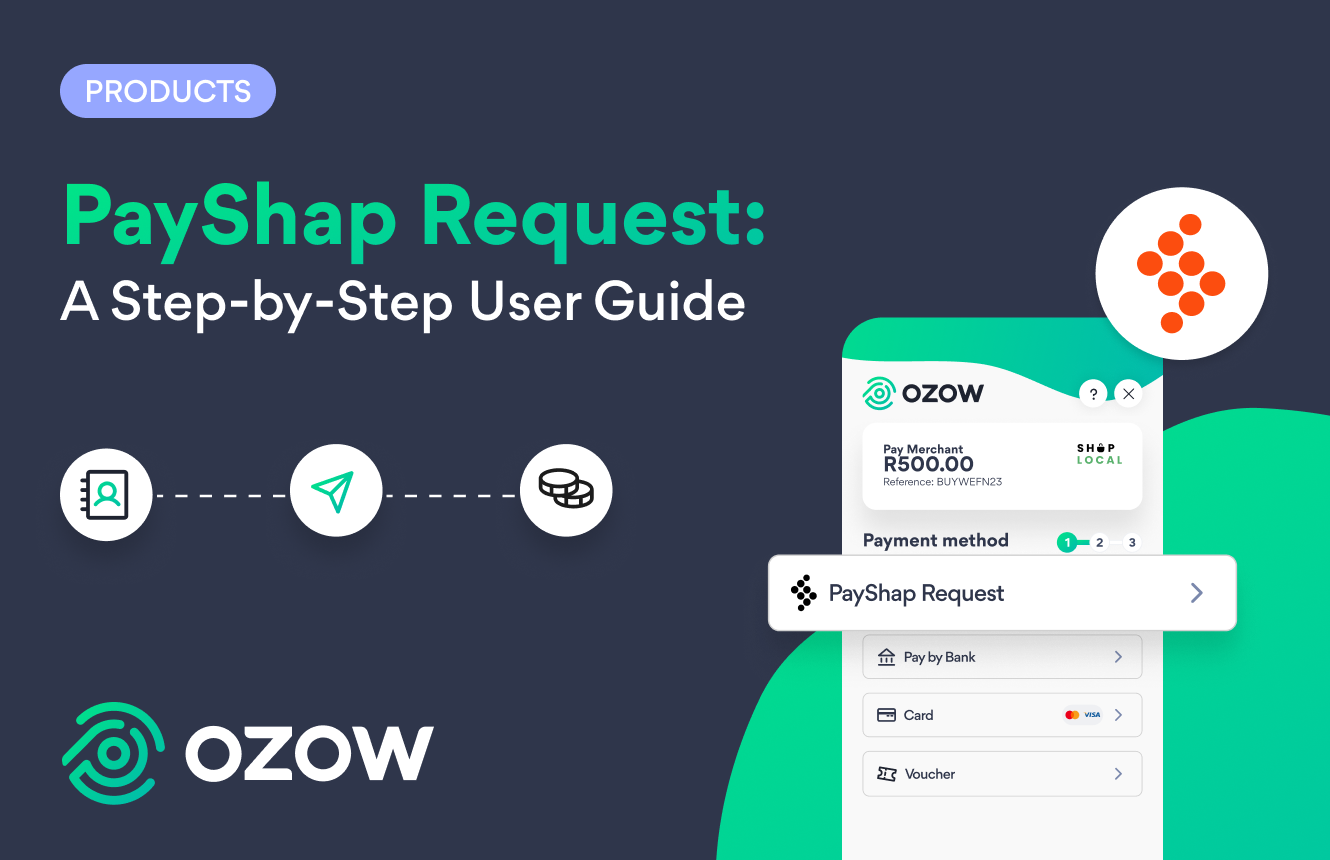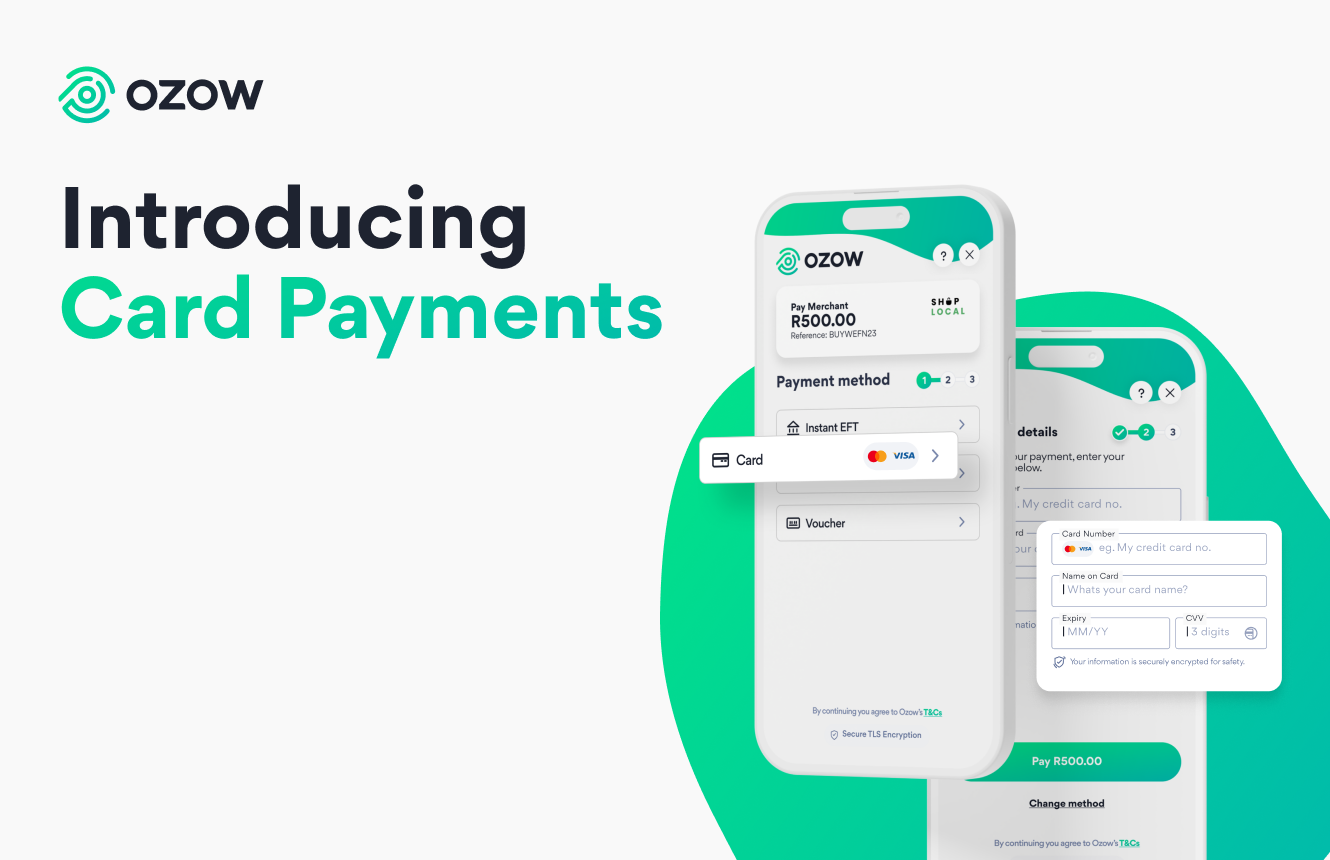
Advancements in payment technology and online shopping have come a long way, allowing people to connect, transact and participate in virtual marketplaces from anywhere in the world. And while it’s convenient that you can now buy almost anything and have it on your doorstep within days or weeks, this increase in transactions has led to an increase in fraud. An increase that’s only going to continue to grow because as the tech becomes more advanced, fraudsters do too.
Today fraud exists in many forms, especially online. In fact, in 2020 South African eCommerce retailers lost half a billion Rand due to fraud. And in 2021 global eCommerce businesses experienced a total loss in revenue of $20 billion.
What is online payment fraud?
Online payment fraud refers to a wide range of fraud types that occur online. In essence, online fraud is the process of stealing an individual’s payment information and using it to make unauthorized transactions on the victim's account.
Common types of online fraud
Account takeovers
One of the most common types of fraud experienced by businesses is an account takeover. This is commonly achieved through phishing, vishing, or the use of malware, that is software developed by cybercriminals to steal user data. In short, a cybercriminal will gain access to an individual’s banking information or bank account. Fraudsters use a variety of methods to do this, but phishing is the most common. Phishing is a form of fraud in which an attacker masquerades as a reputable entity or person in email or other forms of communication. Through this scammers gain an unsuspecting individual’s personal information without their knowledge. Once they obtain this information, they’re able to access private bank accounts, hence the term account takeover.
Of all types of fraud this is the most successful and the hardest to stop. Once someone has control of your bank account, they will most likely use it to buy liquid cash either in the form of vouchers or to draw money from an ATM. This way they don’t create suspicion and the fraud remains unnoticed until either the bank account holder or the bank identifies fraudulent behavior, and by then it's too late.
Deposit/refund scams
This kind of fraud occurs when a fraudster makes a phony deposit and sends the merchant a fake proof of payment confirmation. The merchant thinks they’ve been paid and releases the goods, only to discover that the money is not really in their account.
A refund scam is very similar, the main difference being that the fraudster will make a claim that they have not received the goods they paid for and request a refund.
These kinds of fraud are common amongst small businesses and many have fallen victim to it over the years, costing them vital capital and loss in inventory.
How Ozow tackles fraud
Before we tell you how we tackle fraud, let’s first talk about security. Ozow’s systems and products are designed and built using the latest technology. We comply with the highest international safety and security standards, and we work closely with the banks, regulators and our security partners to ensure that user and merchant data is kept safe and secure. We are also PCI level 1 compliant and are registered with PASA as a systems operator.
Should a fraudster try to take advantage of one of our merchants, we have robust systems in place to combat this. Our systems are designed to identify and flag recurring payments that seem fraudulent, for example, repetitive purchases of vouchers.
Once identified as fraudulent behavior our fraud investigator informs the bank who services the individual and freezes their account. Our investigators are constantly on the lookout for irregular spending patterns and repetition within our users' transactions. Ensuring that fraud is kept to a minimum whenever using Ozow.
In terms of a deposit/refund scam our system mitigates this risk by pre-populating payment details via our API, removing the risk of human error and fraud. Once a payment is made through Ozow no proof of payment is required as the payment is made in real-time and cannot be reversed. Thus, this type of fraud is almost nonexistent when using our products.
If you’d like more information on Ozow’s safety and security, you can read about it here. Alternatively, if you’d like to sign up and become an Ozow merchant, click here.
Citations
-
Staff Writer






.png)

